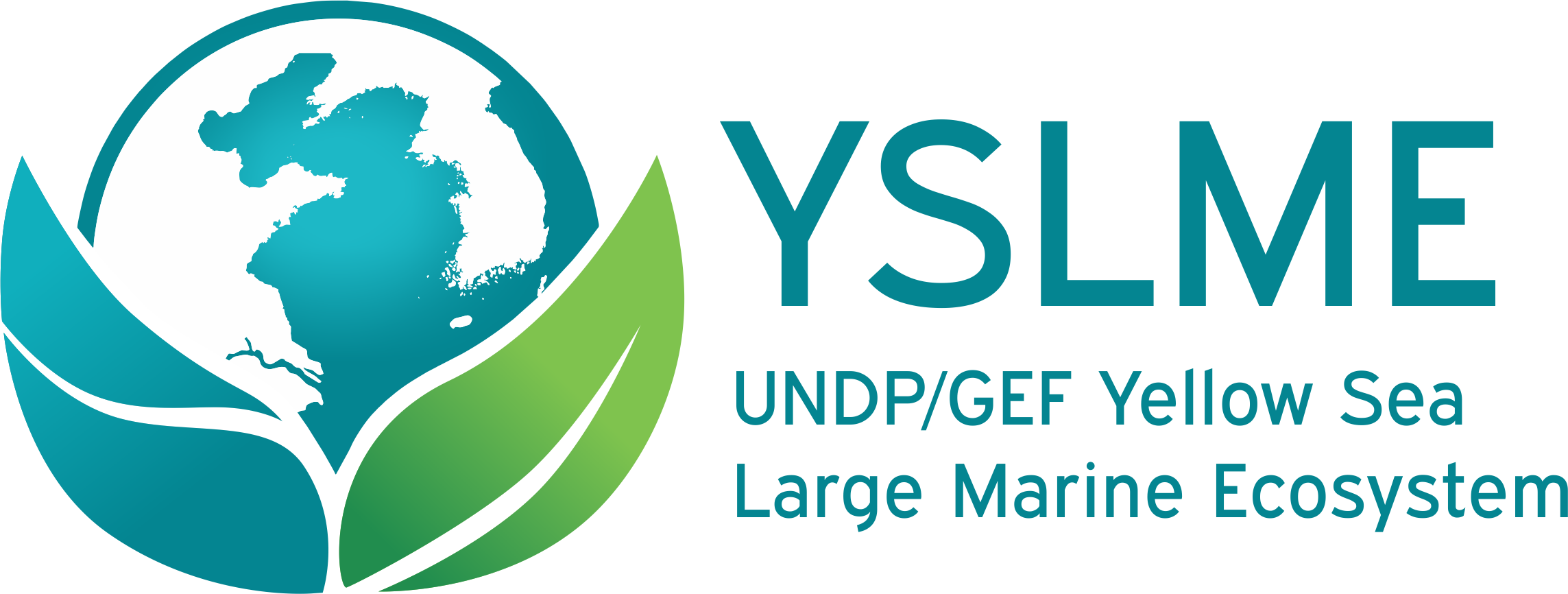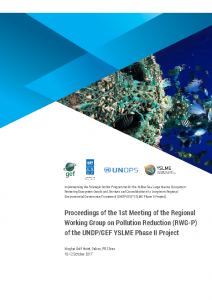The goal of the Regional Working Group on Pollution Reduction (RWG-P) is to improve the ecosystem carrying capacity of the Yellow Sea by reducing pollutant levels and strengthening legal and regulatory processes. Eutrophication, algae bloom and contaminants, among others, are under the mandate of the RWG-P.
Objectives
- Facilitate the establishment and operation of an YSLME marine environment pollution monitoring network
- Enhance capacity of national and local government on monitoring, assessment and mitigation of land and sea-based contaminants
- Promote the application of monitoring and assessment methodologies of marine litter (including microplastics) and advise on approaches to reduce marine litter
Deliverables
- Regional marine environment monitoring mechanism for assessing SAP implementation progress
- Technical report on marine environment status and trend in YS as input to TDA and SAP
- Regional marine litter (including microplastics) baseline survey report
- Training module on contaminants from river-sea interaction and atmospheric disposition, and the carrying capacity of LME
- Regional strategy for using wetland as nutrient sinks
Tasks
- Provide advice on enhancing exchange and sharing of pollution data and information at a regional level and on ‘Hot Spot’ control actions based on loads through scenario analysis and modelling. Assist to update facilities/equipment to control or reduce discharge from industrial and municipal sources to reduce pollution.
- Facilitate to establish a guideline for regional routine monitoring and assessment, quality standards and network on marine environmental pollution in the YS. Provide advice on harmonization of regional methodologies and update of regional monitoring guidelines. Hold regional workshops focused on monitoring technology and assessment methodology.
- Facilitate the development of diagnostic strategy for identifying sources and sinks of pollutants. Prepare technical report on environmental status and trend in the YS as inputs to revised TDA and SAP.
- Coordinate the development of a regional strategy for using wetland as nutrient sink. Support the development of a harmonized regional marine litter (including microplastics) monitoring and assessment guideline.
- Prepare a training module on contaminants from river-sea interaction and atmospheric disposition and the carrying capacity of LME. Facilitate exchanges in management of land- and sea-based pollutants including marine litter, including through strengthen partnership with relevant stakeholders and partners and organization of regional workshops with participation of responsible authorities and international organizations (e.g. UNEP GPA).
Meetings











